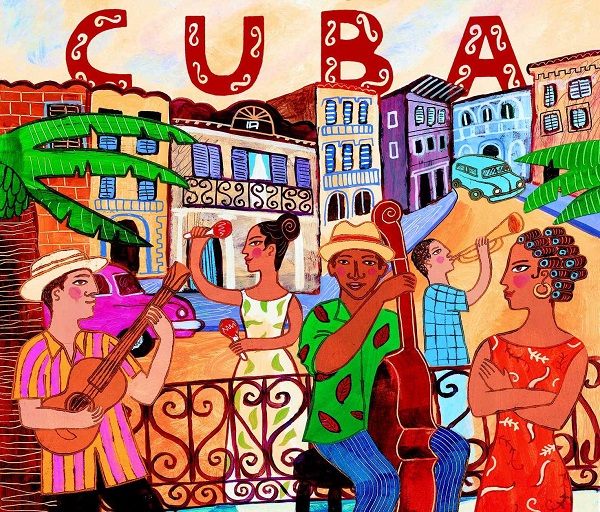1.1 Historical Overview of the Pre-Columbian Era.

Human presence in Cuba existed four millennia before the arrival of Christopher Columbus in 1492, as a result of various migratory processes. At that time, the island was populated by 100,000 indigenous Cubans, with settlements that enjoyed varying levels of social and cultural development.
The Cuban archipelago was inhabited by several ethnic groups called: Mayarí, Guahatabeyes, Siboneyes and Taínos, the latter being the most developed.
These Cuban ethnic groups were classified according to their fundamental economic activities:
Hunter-Gatherers-Fishermen: These were the oldest and most backward. They practiced fishing and gathering. They made their work tools from the shells of large mollusks. This contrasts with another group who, in addition to these activities, also hunted and owned polished stone tools.
Farmers-Potters: Compared to the Hunter-Gatherers-Fishermen, this group was more advanced. They practiced agriculture, their main crop being cassava, with which they made cassava, a food that could be consumed immediately or preserved. They made ceramic objects and containers and owned a variety of tools made from polished stones and shells.
At the beginning of the 16th century, when the conquistador Diego Velásquez began his invasion of Cuba, the Spanish encountered examples of an expression that combined theater, song, pantomime, and dance, which the native Cubans called Areíto.








